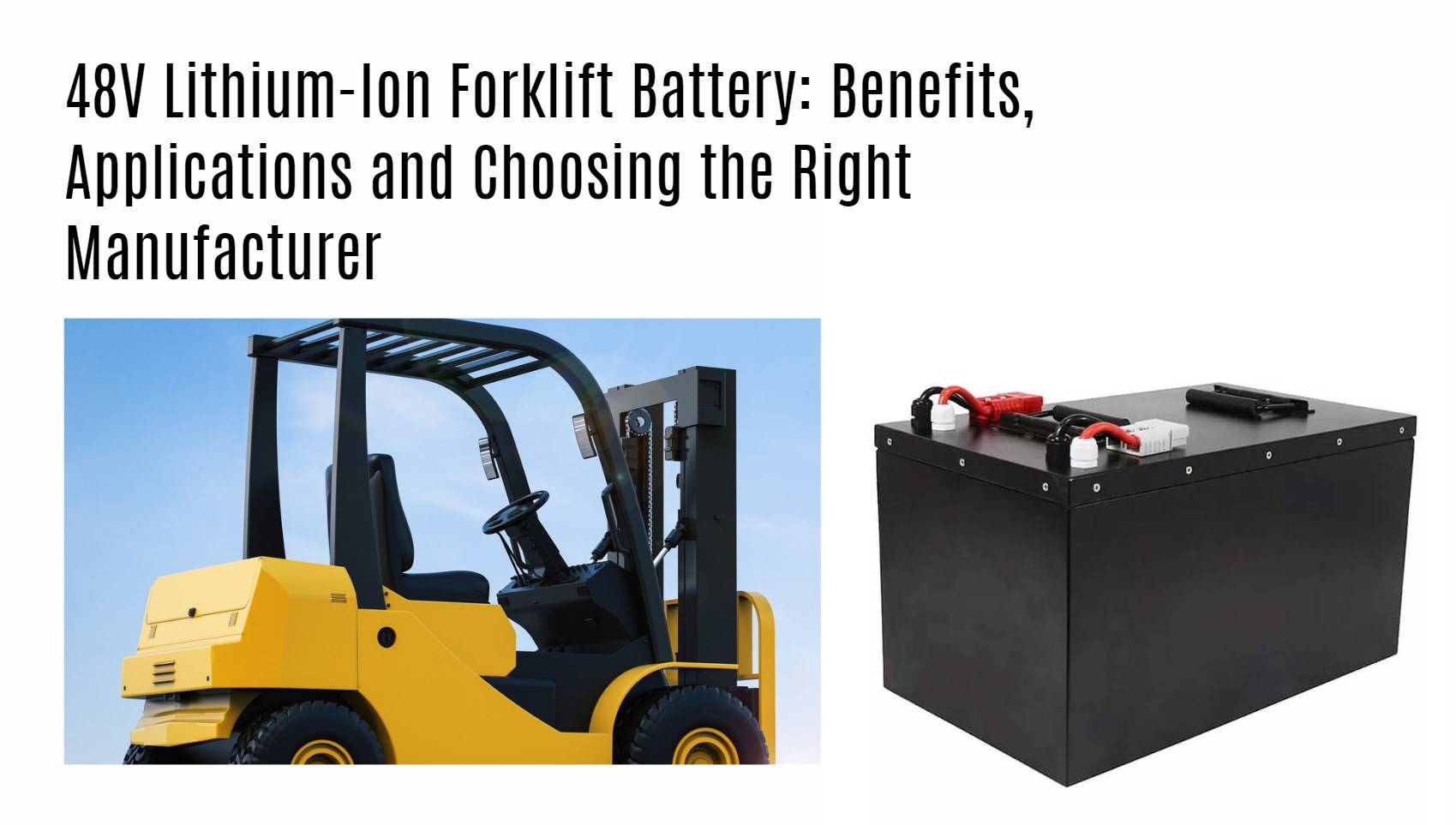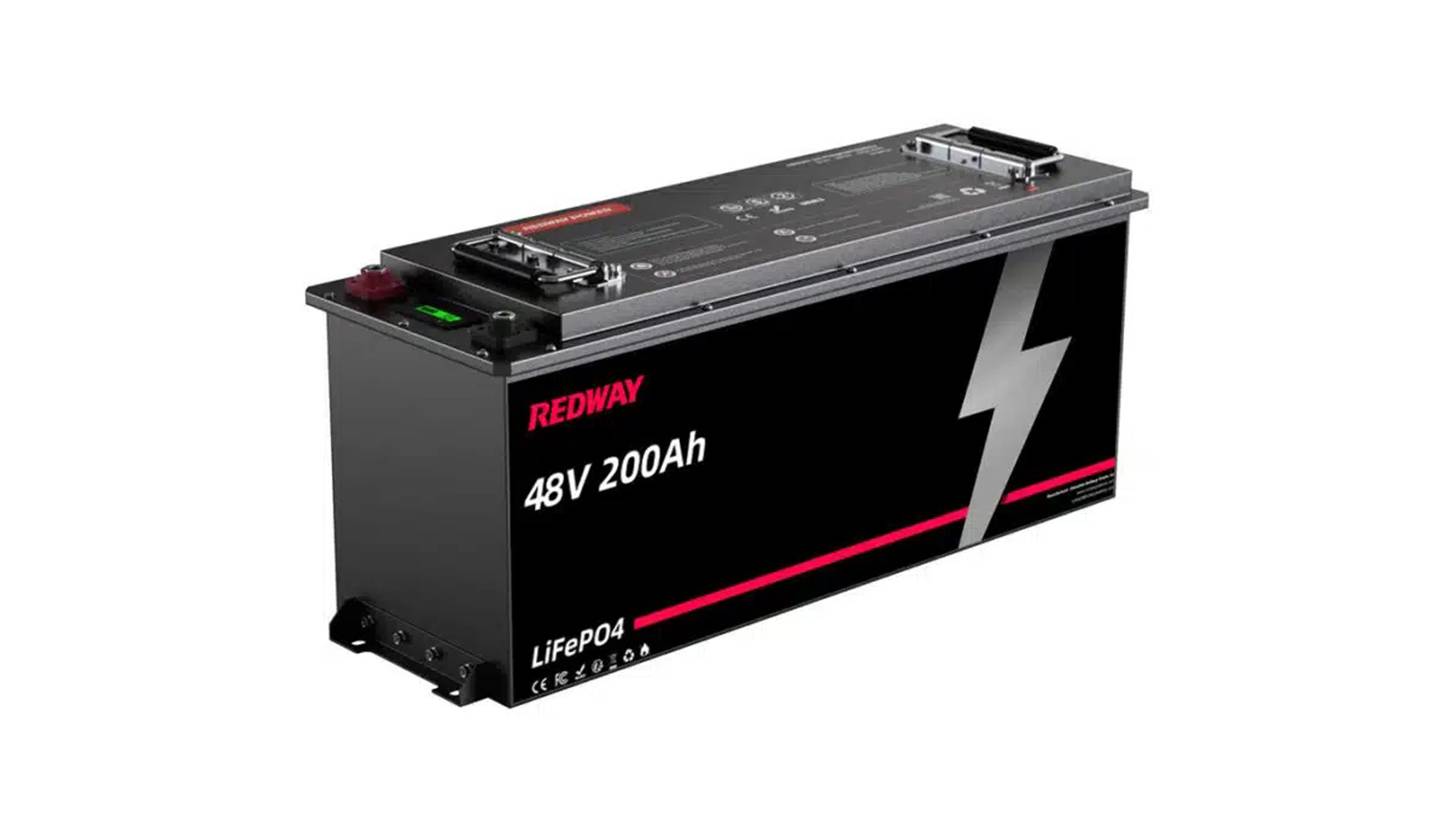Upgrading to
48 volt lithium-ion forklift batteries can significantly enhance your operational efficiency and reduce long-term costs. These batteries provide numerous benefits, including longer lifespans, faster charging times, and better performance compared to traditional lead-acid batteries, making them an excellent choice for modern material handling applications.
What Are the Key Features of 48 Volt Lithium-Ion Forklift Batteries?
The key features of
48 volt lithium-ion forklift batteries include:
- High Energy Density: They can store more energy in a smaller footprint compared to lead-acid batteries.
- Lightweight Design: Their reduced weight improves forklift maneuverability and efficiency.
- Fast Charging Capabilities: They can be charged much quicker than lead-acid batteries, allowing for less downtime.
Key Features Overview
| Feature | Description |
|---|
| Energy Density | More energy storage in less space |
| Lightweight | Improves maneuverability |
| Fast Charging | Reduces downtime during operations |
How Do 48 Volt Lithium-Ion Batteries Compare to Lead-Acid Batteries?
When comparing
48 volt lithium-ion batteries to traditional lead-acid types:
- Lifespan: Lithium-ion batteries typically last 2 to 3 times longer, often exceeding 2000 cycles.
- Performance: They maintain consistent power output throughout their discharge cycle, unlike lead-acid batteries, which experience voltage drops as they deplete.
- Maintenance Needs: Li-ion batteries require minimal maintenance compared to lead-acid batteries, which need regular watering and monitoring.
Comparison Overview
| Feature | Lead-Acid | LiFePO4 (Lithium-Ion) |
|---|
| Lifespan | 500 – 1500 cycles | 2000+ cycles |
| Performance | Voltage drops during discharge | Consistent power output |
| Maintenance | High (watering needed) | Low (minimal care required) |
What Are the Benefits of Using 48 Volt Lithium-Ion Forklift Batteries?
The benefits of using
48 volt lithium-ion forklift batteries include:
- Cost Savings: While initial costs are higher, their longevity and efficiency result in lower total cost of ownership.
- Environmental Impact: They are more eco-friendly due to fewer toxic materials and less frequent replacements.
- Operational Efficiency: Faster charging times and longer runtimes enhance productivity in material handling operations.
Benefits Overview
| Benefit | Description |
|---|
| Cost Savings | Lower total cost of ownership |
| Environmental Impact | Fewer toxic materials |
| Operational Efficiency | Enhanced productivity due to faster charging |
How Do You Choose the Right 48 Volt Lithium-Ion Battery?
Choosing the right battery involves several considerations:
- Capacity Requirements: Assess your energy needs based on usage patterns.
- Compatibility: Ensure that the battery fits your forklift’s specifications.
- Brand Reputation: Opt for well-reviewed manufacturers known for quality and customer service.
Choosing Criteria
| Criterion | Considerations |
|---|
| Capacity | Match with expected usage |
| Compatibility | Ensure fit with existing systems |
| Brand Reputation | Research manufacturer reliability |
What Is the Cost Range for 48 Volt Lithium-Ion Forklift Batteries?
The cost of
48 volt lithium-ion forklift batteries varies widely based on capacity and brand:
- Smaller capacities (e.g., 12V or smaller systems) can start around $500, while larger systems (e.g., high-capacity models) may reach up to $3,000 or more.
- Prices can fluctuate based on market demand and material costs.
Cost Overview
| Capacity (Ah) | Average Price Range |
|---|
| 12V | $500 – $800 |
| 24V | $800 – $1,200 |
| High-Capacity (e.g., 300Ah) | $1,500 – $3,000 |
Expert Views
“Upgrading to a
48 volt lithium-ion battery system is not just a trend; it’s a strategic move towards improved efficiency,” states energy consultant Dr. Emily Carter. “The long-term benefits far outweigh initial costs, making it a wise investment for any operation.”
FAQ Section
- Can I use my existing charger with a lithium-ion battery?
No, it’s important to use a charger specifically designed for lithium-ion technology. - What should I do if my battery shows signs of wear?
Consider replacing it if you notice swelling, leakage, or significant capacity loss. - Is it safe to charge my battery overnight?
Yes, but ensure you use a smart charger that prevents overcharging.







